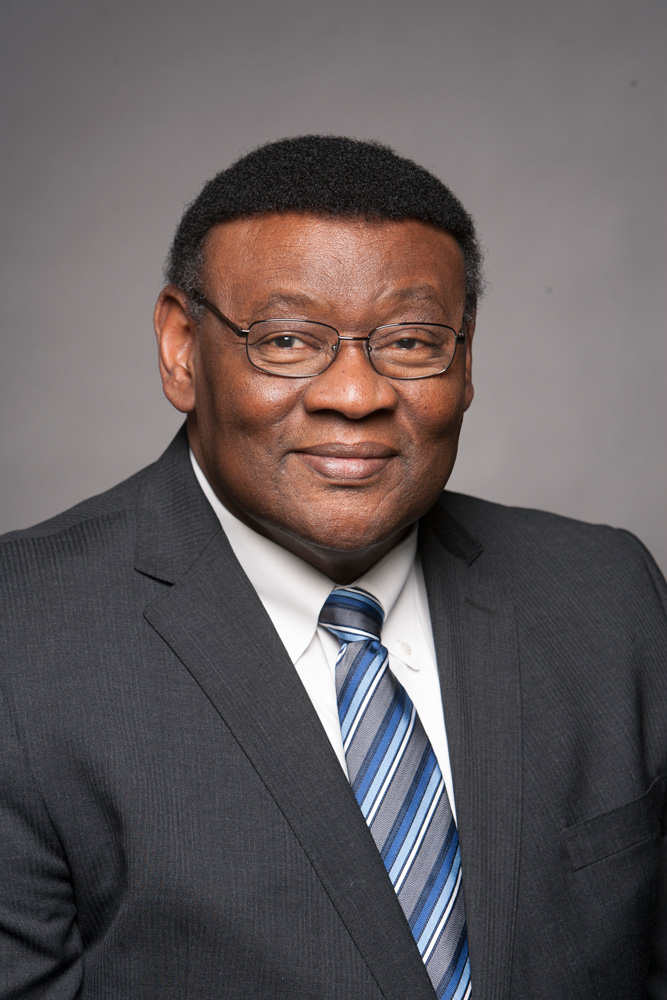The Intersection: Ike McKinnon Reflects on Detroit Policing
As police chief, deputy mayor and city resident, Ike McKinnon has seen the decades bring change to Detroit.


Born in Montgomery, Ala., Ike McKinnon came to Detroit at the age of 10. A few years later, he had a formative experience that put him on the track to a life of public service and reflected some of the realities for Detroit’s African Americans in the pre-Civil Rights era.
“I was beaten up by Detroit Police in 1957 when I was 14-years-old, and it was a horrible thing,” McKinnon says. “I made a decision right after being beaten up that I was going to become a police officer and certainly change things and not be what those police officers were.”
McKinnon did join the Detroit Police Department in 1965 after graduating from Cass Tech High School and serving in the U.S. Air Force in Vietnam. He was among the first group of African-American police officers on the force, putting him at odds with some of his white cohorts, he remembers.
“My class (in) August 1965 had seven (African-American officers) which was unheard for the city of Detroit. We just did not have that many black police officers at that time, There had been scattered numbers throughout but never seven,” McKinnon says. “It was an incredible time.”
McKinnon went on to complete two degrees at Detroit universities as well as a doctorate at Michigan State University and has graduated from the FBI academy.
Speaking with WDET, McKinnon recalled the status of police-community relations during the 1960s.
“The reality was there were a great number of people who held a number of hostile feelings and attitudes toward the police. Black people in the city held feelings against police because of the way they or we had been treated,” McKinnon says.
That’s in contrast to today’s culture at the department as McKinnon sees it.
“There’s no question it has changed. We have a great number of blacks and women and other minorities on the police department. I think that certainly has helped in terms of changing the perception of the police department. So much has to do with the perception of the people of the city of Detroit, which is a majority black city, being taken over by this outside force. Now this certainly has changed. People are seeing the police department and relationships with the police as being so much better,” he says.
Getting officers out from behind desks and onto the streets and having regular, organized meetings with residents are two initiatives McKinnon identifies as helping improve police and community relations.
But crime remains a problem. With FBI data showing Detroit’s violent crime rate leads among the largest U.S. cities, McKinnon says public safety for residents should be a priority for city leaders.
“We have to change the perception but also the reality of this occurring in our city,” McKinnon says.
To hear the full conversation, click on the audio link above.
